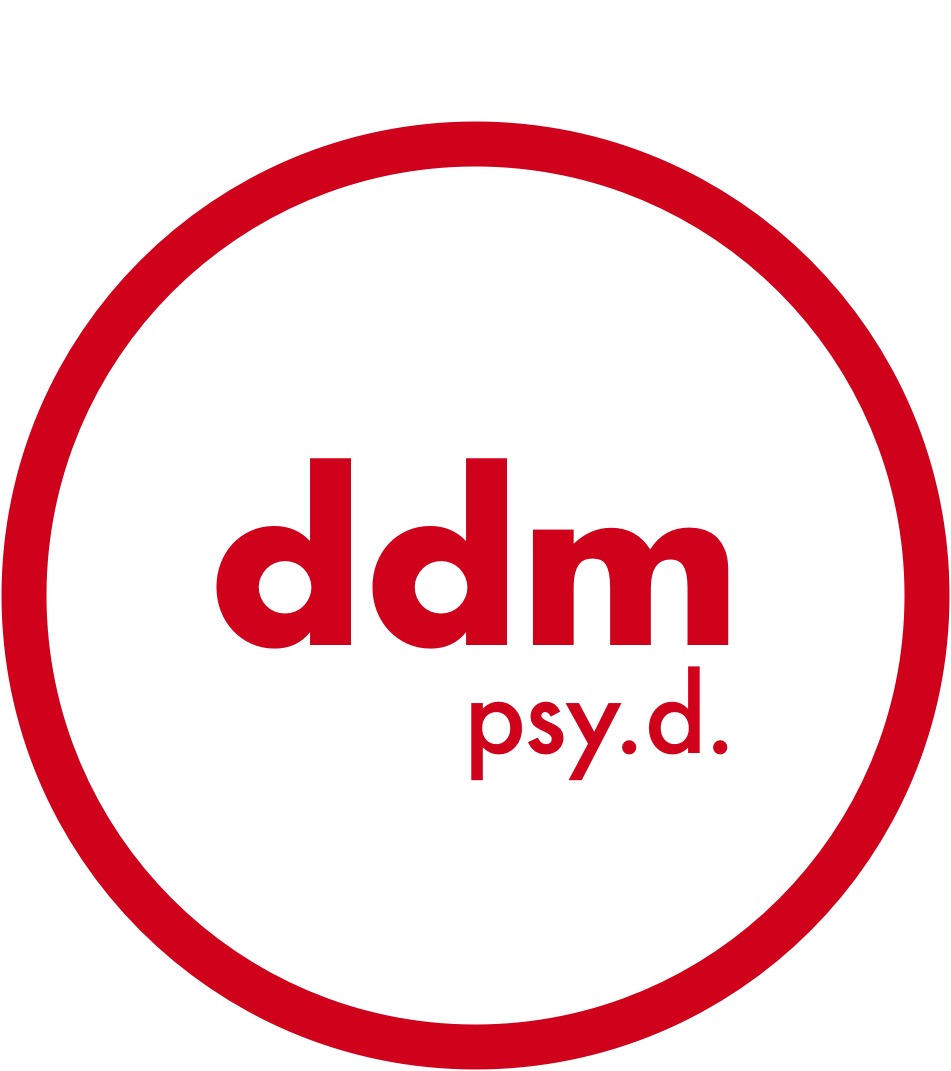years ago my family went wave jumping. the water was cold and the day warm and we jumped and jumped until we were exhausted and our skin was blue. long after we should have called it a day my daughter tumbled and scraped her knee. badly. not thinking, i encouraged her to wade back into the water to clean the cut. i had momentarily forgotten that salt water and skinned knees do not make comfortable playmates and felt terrible as kaija’s knee stung.
i feel this way today. stung. cold and wet and like there’s salt in a wound. it’s been a difficult year. a hard week. and it’s only april. and tuesday. i have said stupid things. i have been reactive. i have shied away from difficult tasks and have been slow to do some of the things i know would help me immensely. i have disappointed people and myself.
at times i feel as though i have a skinned soul.
i know that you feel this way too. you tell me you do. over coffee. in my office. in the text that simply says “please pray.” as i walk by you at the grocery store at 1 a.m. sensing the weariness with which you move. you tell me in the music you make and the way in which you navigate the freeway. or your life.
and, yet, due to boredom or habit or some unconscious drive, so often you tell me that your skinned soul ends up surfing social networks at the end of the day. this, i believe, is like pouring salt into an open wound.
when our days have been fine and we look to social networks for entertainment or connection, the risk is slight. when we feel optimistic, content, and grounded we are often open to input of all types without using it as a comparative ruler. when we are low and self doubting, however, facebook too often becomes a place for observing the “more attractive,” “better appointed,” and “more frequently liked” others in our friend lists. from these painful places we look especially carefully for evidence that supports our internal experience. feel like a loser? check out how many parties you weren’t invited to. feel angry? watch yourself drawn, like a shark to blood, to vitriolic posts. self loathing? facebook is the perfect place to find all kinds of new ways in which you just don’t measure up.
brene brown, author, researcher, and speaker, says this in her newest book daring greatly,
“scarcity is the ‘never enough’ problem. the word scarce is from the old norman french scars, meaning ‘restricted in quantity’ (c. 1300). scarcity thrives in a culture where everyone is hyperaware of lack. everything from safety and love to money and resources feels restricted or lacking. we spend inordinate amounts of time calculating how much we have, want, and don’t have, and how much everyone else has, needs, and wants.
what makes this constant assessing and comparing so self-defeating is that we are often comparing our lives, our marriages, our families, and our communities to unattainable, media-driven visions of perfection, or we’re holding up our reality against our own fictional account of how great someone else has it.”
it strikes me that every person using social networks would be benefitted by reading this last paragraph several times a day. seriously.
so today, exhausted and self doubting, with an evening before me and a skinned soul day behind me, i am given a choice. do i focus on my lack? do i set my awareness on that which i do not have? do i chose to enter a digital world where i am presented with highly filtered accounts of how great others have it (somehow i never see the posts where my friends are saying, “i feel so vulnerable and alone right now. it hurts.”)? will i allow plentiful airbrushed images and edited stories dictate the ruler by which i measure myself? or can i chose another way? can i let my wounds be for a bit? can i wait open until i find soothing silence, mindfulness, prayer, meditation, real conversation, connection, creativity...basically, water that doesn’t sting?
